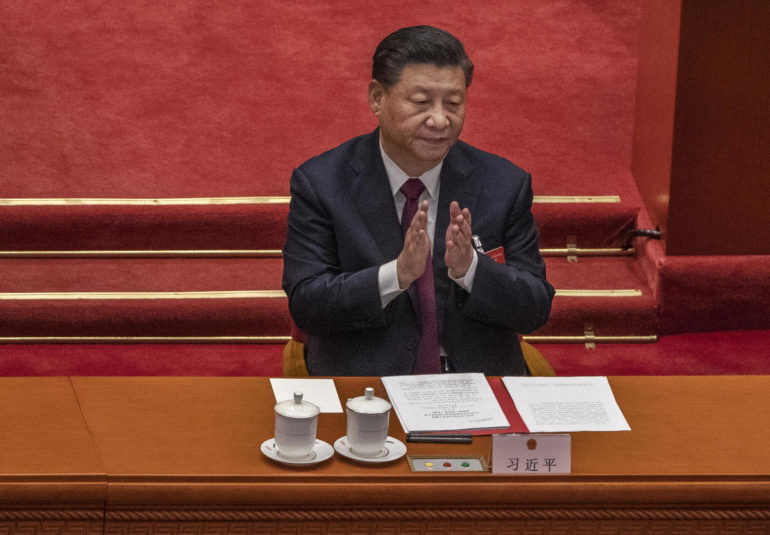Chinese President Xi Jinping has issued a call for the country to accelerate its efforts in becoming self-reliant when it comes to science and technology.
“Sci-tech self-reliance and self-strengthening should always be considered a strategic support for national development,” CCTV reported Xi as saying.
“The scientific and technological development must target the global sci-tech frontiers, serve the main economic battlefields, strive to fulfil the significant needs of the country and benefit people’s life and health. Shouldering the important tasks entrusted by the times, you should strive to achieve sci-tech self-reliance and self-improvement at a higher level.”
Xi’s remarks, made over the weekend to the Chinese Academy of Sciences and the Chinese Academy of Engineering, come months after the government pledged it would invest heavily in major national scientific and technological projects in order to become technologically self-reliant as part of its 14th five-year plan.
China has faced increasing pressure from other states, particularly over its deployment of 5G and chip technology, with Huawei’s networking equipment currently banned in the US, Australia, Japan, Sweden, and the UK, among other states.
In the US, companies — both domestic and foreign – are prohibited from purchasing Huawei technology and selling goods that contain certain US technology to Huawei unless they receive licensing approval.
As a result of these bans and sanctions, Huawei’s revenues outside of China all dipped in 2020, with the declines ranging from 8.7% to almost 25% when compared to the year prior.
Despite foreign pressure, China late last year announced its aspirations to become a global leader in innovation by 2035.
Four years ago, the Chinese government set the goal of becoming an AI leader by 2030. As of 2021, the US still holds a substantial lead globally, but China is rapidly closing the gap, according to a report released at the start of this year by US-based think tank Center for Data Innovation.



